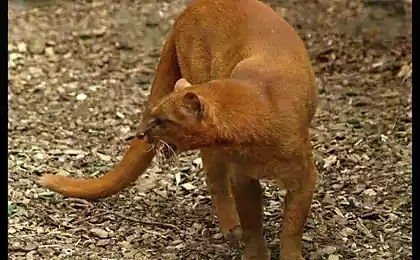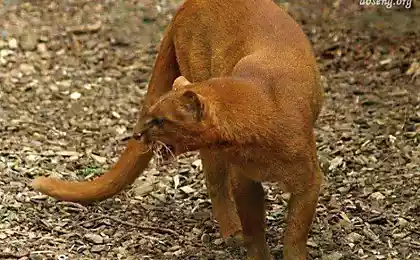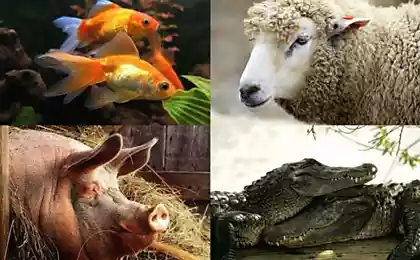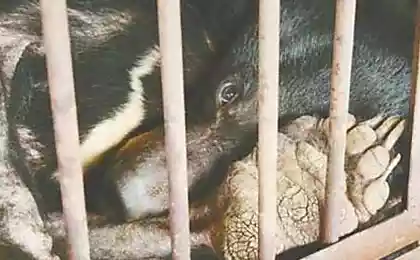282
Jaguarundis
Jaguarundis - predatory mammal of the cat family and the first cat, tame Indians
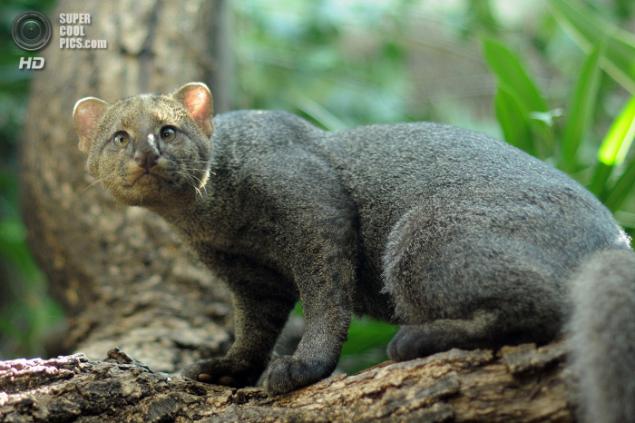
These predators are single and secretive way of life, although, unlike most cats, are active in the daytime. Externally Jaguarundis somewhat reminiscent of representatives of the weasel family - she has an unusually elongated, flexible body with short strong legs and a long thin tail. The head is small and round. The ears are small, short muzzle. Painting is of two types: brown with a touch of red and gray tones or bright red.
Jaguarundis eat a variety of small mammals (rabbits, cane hamsters, guinea pigs, chinchillas prickly), reptiles (ameyvami, iguanas, frogs), birds, fish. In small quantities, eat fruit (figs, grapes, bananas) and insects.
Because of the wide range and low-value animal fur is not declared a protected species, although the numbers, multiplication and habits Jaguarundis little is known. Before the arrival of Europeans in Latin America, the Indians probably tamed these cats to protect homes from small rodents and other pests (they really easily tamed and become accustomed to the people), but now no one does because of violent temper the animal and constant sabotage on farms. < br />
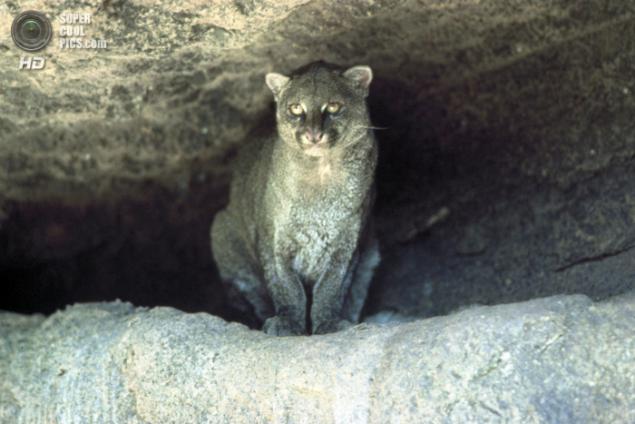
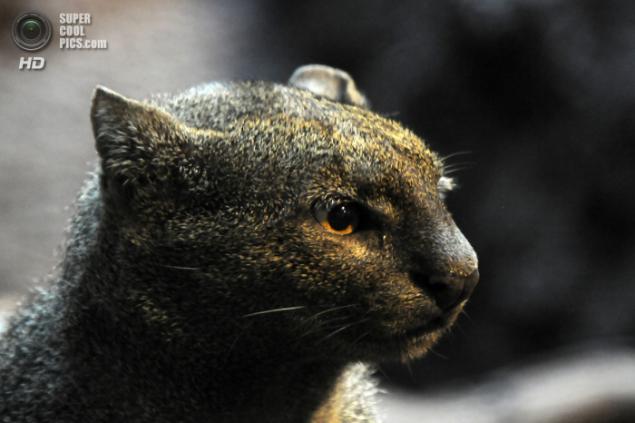
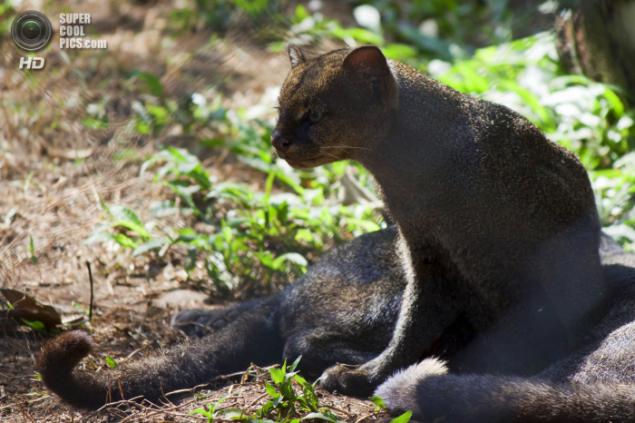
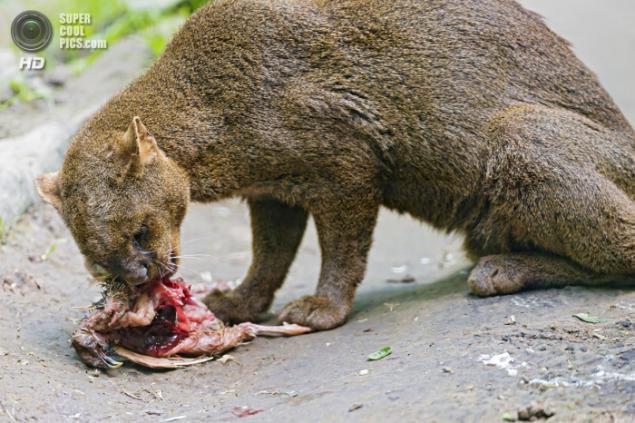
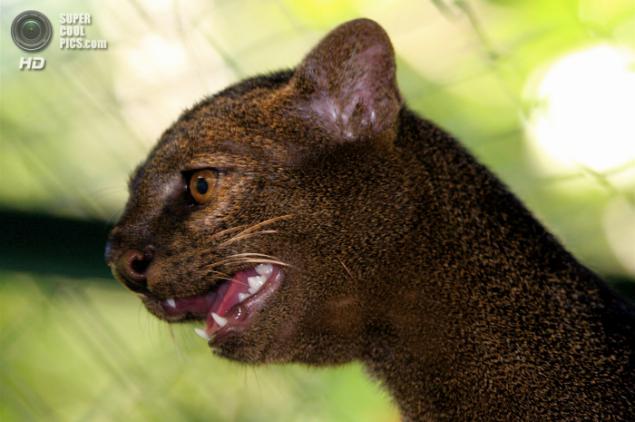
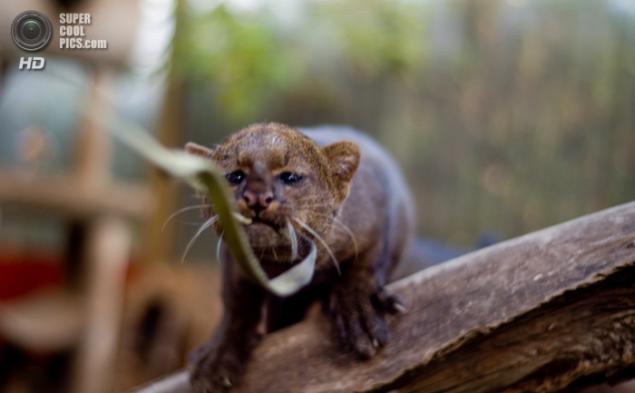
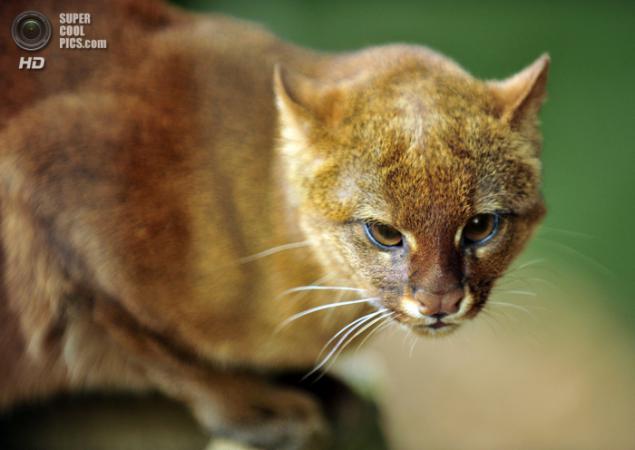
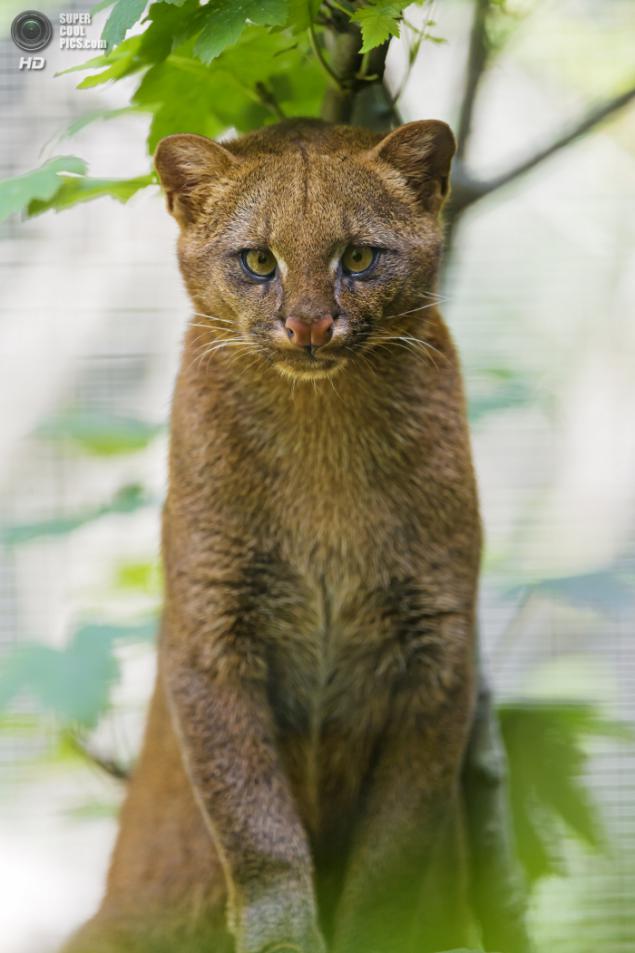
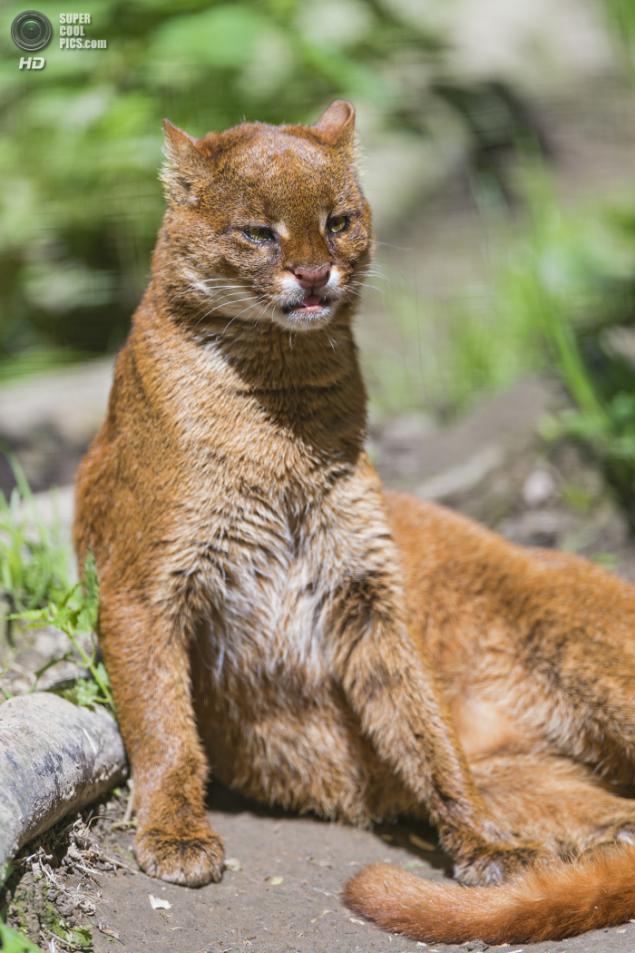
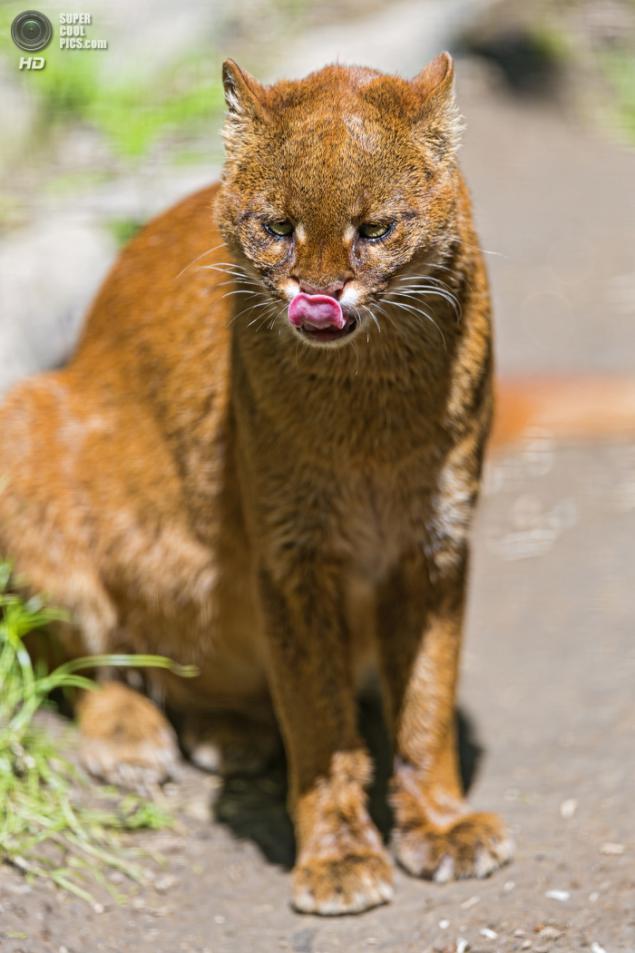
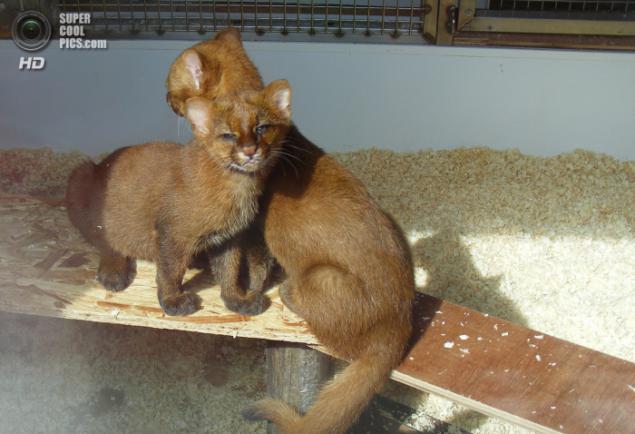

©

These predators are single and secretive way of life, although, unlike most cats, are active in the daytime. Externally Jaguarundis somewhat reminiscent of representatives of the weasel family - she has an unusually elongated, flexible body with short strong legs and a long thin tail. The head is small and round. The ears are small, short muzzle. Painting is of two types: brown with a touch of red and gray tones or bright red.
Jaguarundis eat a variety of small mammals (rabbits, cane hamsters, guinea pigs, chinchillas prickly), reptiles (ameyvami, iguanas, frogs), birds, fish. In small quantities, eat fruit (figs, grapes, bananas) and insects.
Because of the wide range and low-value animal fur is not declared a protected species, although the numbers, multiplication and habits Jaguarundis little is known. Before the arrival of Europeans in Latin America, the Indians probably tamed these cats to protect homes from small rodents and other pests (they really easily tamed and become accustomed to the people), but now no one does because of violent temper the animal and constant sabotage on farms. < br />












©
